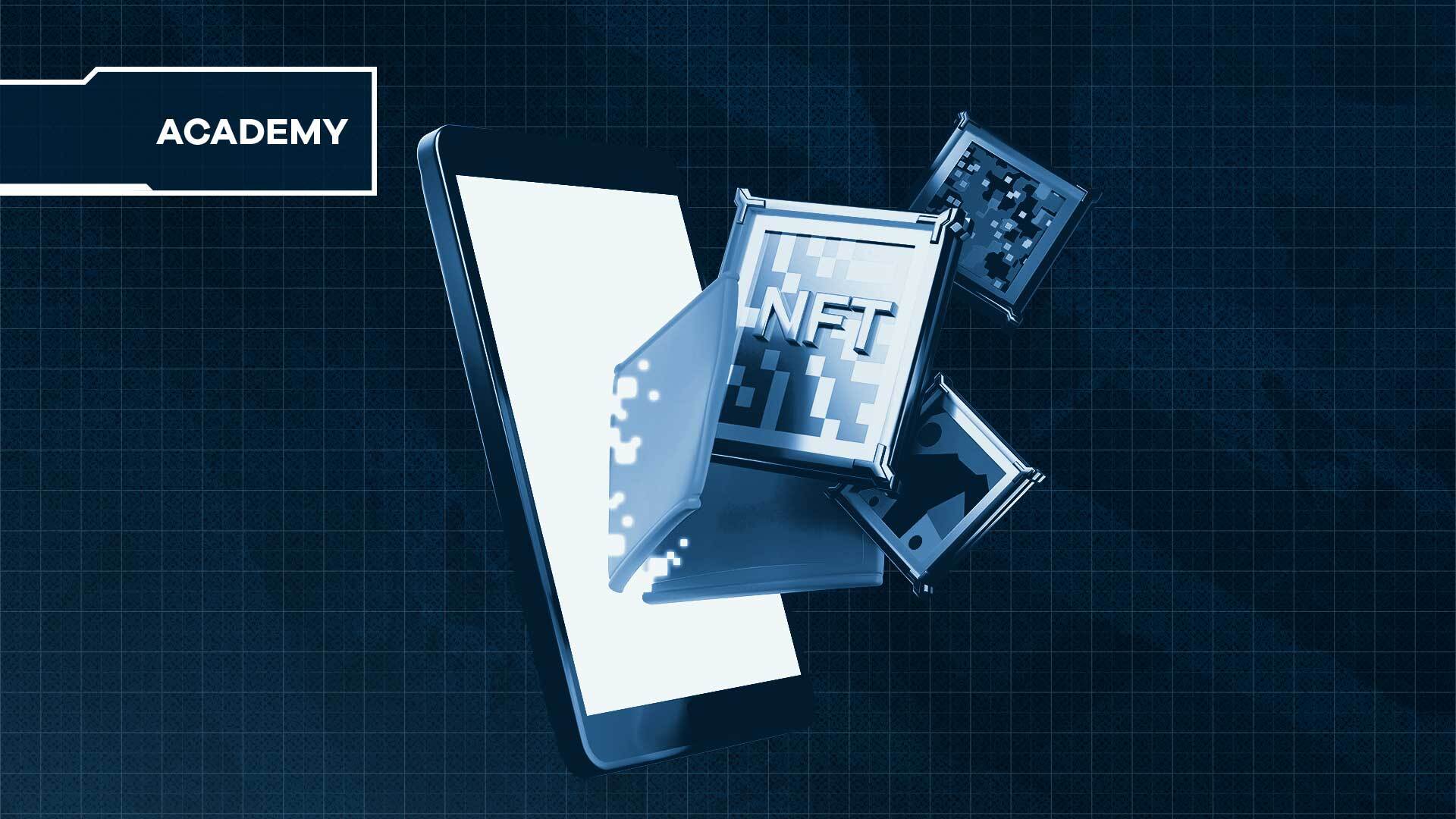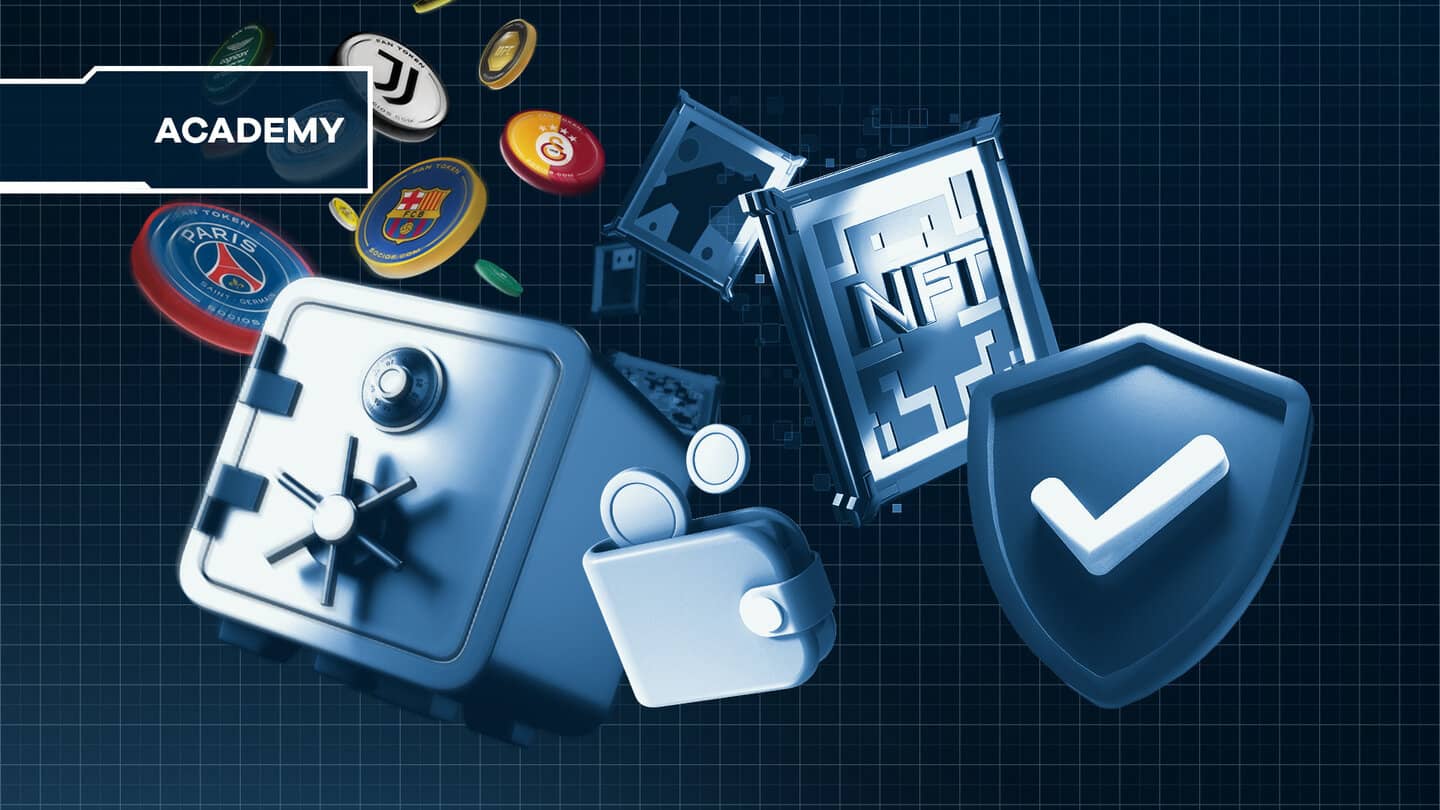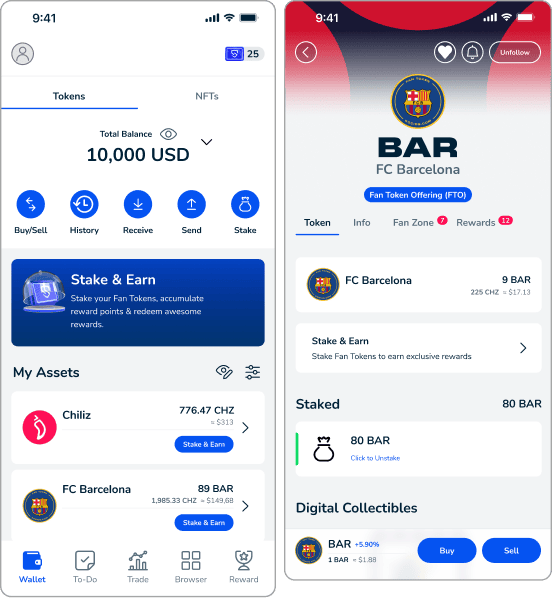For some people, the word blockchain is synonymous with cryptocurrencies. But that is not the only application of blockchain technology. Today, major corporations like IBM, Maersk, and others have made large investments in blockchain technology to enhance and safeguard global commerce. Other platforms, like Socios.com, are also opening up to new possibilities for fan empowerment using blockchain-based digital assets. Read on to find out more about who uses blockchain and fan tokens in sports.
Understanding Blockchain Technology
This technology offers a transparent and decentralized system for recording and verifying transactions. Thanks to a network of computers (nodes), it enables parties to transact directly with each other without intermediaries. The nodes validate and store every transaction as blocks. These are then linked together using cryptographic hashes, creating an immutable chain of information. This feature ensures data integrity and prevents tampering or fraud.
Blockchain is transforming traditional industries, with major businesses such as Walmart, Pfizer, AIG, Siemens, and Unilever testing out blockchain. For instance, IBM developed the Food Trust blockchain to track food goods’ routes to their destinations. Without middlemen, blockchain technology offers safe, transparent transactions that boost productivity and cut costs.
Blockchain Applications in Sports: Fan Tokens
When it comes to blockchain technology, it has emerged as a game-changer in the sports world. One of the most significant applications of blockchain in sports is the creation of fan tokens. These are digital assets that represent ownership or access rights within a sports ecosystem.
The tokens give fans an opportunity to engage actively with their favourite teams, granting them access to exclusive content. Holders have voting rights on club decisions, as well as the chance to influence certain aspects of team management. On top of that, fans also have full control and visibility over their tokenized assets. Blockchain fan tokens create new revenue streams for both clubs and athletes through direct engagement with supporters and token sales.
Blockchain in Entertainment
Another sector where blockchain technology has emerged is entertainment. With its decentralized nature, blockchain allows creators and consumers to interact with digital content. It can also streamline copyright protection by establishing transparent ownership records.
This prevents unauthorized use or piracy of artistic work enabling artists to have more control over their creations. This guarantees fair compensation through smart contracts that automatically execute payments based on predetermined conditions.
Other Blockchain Use Cases
There are several other blockchain uses in business, such as financial services companies using blockchain technology to enhance back-office settlement systems, boost productivity, and cut costs. Holders can use blockchain tokens provided by individual institutions for cross-border trades by banks like UBS. The Chamber of Digital Commerce aims to promote and teach Blockchain technology throughout all industries.
Governments can employ blockchain technology for security and transparency during the voting process. This grants every participant in the voting procedure access to an identical version of the information stored on the network. As a result, the risk of tampering is eliminated, as each vote is encrypted and recorded on multiple nodes. That means governments can guarantee the integrity and dependability of the voting system.
Blockchain technology is also revolutionising supply chain management by enhancing transparency, efficiency, and trustworthiness. Apart from offering real-time tracking, it also improves product safety, as any issues or recalls can be quickly identified and addressed. Additionally, blockchain enables stakeholders to access a single, immutable source of truth. This minimizes disputes and delays in processes such as payments and documentation.
Blockchain’s Impact on Security
Thanks to blockchain technology, the world of security has unparalleled transparency and decentralization. Blockchain security enhances cybersecurity by reducing vulnerabilities against hacking attempts. Moreover, blockchain enables secure storage and transfer of sensitive information through encryption techniques. Businesses adopting blockchain technology enjoy heightened confidence in their data security capabilities while also benefiting from increased operational efficiency and cost-effectiveness.
Blockchain technology can also revolutionise security in the sports world. Through the use of smart contracts, athletes’ performance records can be immutably stored on a blockchain, eliminating the possibility of tampering or manipulation. This enhances accountability and promotes fair play in sports. Additionally, ticketing systems based on blockchain can prevent counterfeiting by creating unique digital assets that cannot be duplicated or forged.
Get rewarded
Now that we have covered blockchain uses in business and game blockchain benefits, we hope you have a clearer idea as to how it all works. The Socios.com app & Fan Tokens also play an important role to fans. Holders can get rewarded for their loyalty while following their favourite teams. And more importantly, they can rest easy knowing all their data is safely protected.





